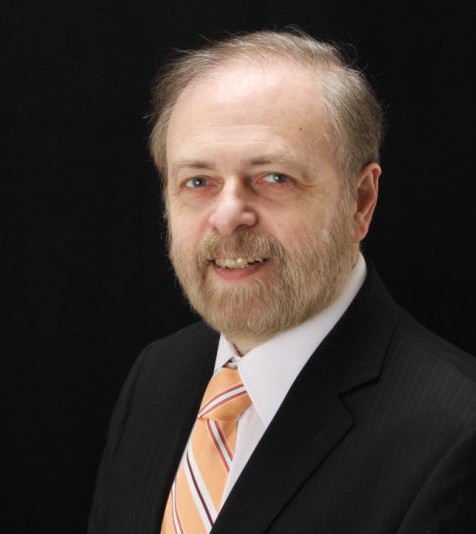By Rabbi Mordechai Levin
It is well known that Americans are a religious people, but a recent survey showed that this does not necessarily mean they know much about religion. Researchers from the Pew Forum on Religion and Public Life interviewed some 3,400 Americans and asked them 32 questions about the Bible and other world religions. On average, people who participated in the study answered half the questions incorrectly, and many even botched questions about their own religion.
It is true that one need not know a lot about one’s own faith, in order to feel connected to it. There are Jews, for instance, who love their people and Jewish tradition without any serious idea of what that tradition entails. But it is also true that the more a person learns about Judaism, the more that person discovers the wisdom and beauty of it, and the more he/she enjoys the satisfaction of living according to its teachings.
In Judaism, knowledge of one’s religion is fundamental. Rabbi Moshe ben Maimon (1135–1204) wrote (Mishneh Torah, Hilkhot Talmud Torah 1:8,10): “Every Jew is required to study Torah, whether poor or rich, healthy or ailing, young or old and feeble. Until what period in life is one obligated to study Torah? Until the day of one’s death.” The word ‘Torah’ is also used to mean the totality of the Jewish religious tradition.
The Talmud (Yoma 35b) emphasizes this idea, with a story about a poor man and a rich man who came before the heavenly court. They said to the poor: “Why did you not study Torah?” If he said: “I was poor and worried about my sustenance,” they would ask him, “Were you poorer than Hillel?” (end of first century B.C.E. and beginning of first century C.E.).
Every day, Hillel worked and earned one tropaik, half of which he would pay as tuition to the doorkeeper at the House of Learning, the other half he would spend on food for his family. One day he earned nothing and the guard at the House of Learning would not permit him to enter. He climbed up and sat near a window, to hear the teachings of Shemayah and Avtalion. It was winter and snow fell down upon him. When the dawn rose, Shemayah said to Avtalion, “On every day this house is light and today it is dark; is it perhaps a cloudy day?” They looked up and saw the figure of a man in the window. They went up and found him covered by snow. They removed him, bathed and anointed him and placed him in front of the fire, praising him for his love of learning.
To the rich man they said, “Why did you not study Torah?” If he answered, “I was rich and occupied with my possessions,” they would say to him, “Were you richer than Rabbi Eleazar?” It was reported about Rabbi Eleazar ben Harsom, that his father left him a thousand cities on the continent, and on top of that, a thousand boats on the sea. Every day he would go from city to city to study the Torah. One day his servants found him and seized him. He said to them: “I beg of you, let me go to study the Torah.” They replied, “By the life of Rabbi Eleazar ben Harsom, we shall not let you go.” He was so divorced from his wealth that he didn’t recognize his own servants, nor they did they recognize him.
If, for whatever reason, we do not remember much of what we learned in the past or we did not have the chance to learn, this may be a good time to refresh or begin our knowledge. Let us join together in the joy of Jewish studies!
 is the rabbi of Congregation Beth Israel in Munster, IN. He received his rabbinic ordination from the Latin American Rabbinical Seminary, and is a member of the Rabbinical Assembly. In 2010, he was awarded an Honorary Doctorate of Divinity from the Jewish Theological Seminary in New York City for his years of dedicated service to the Conservative movement and the Jewish community...
is the rabbi of Congregation Beth Israel in Munster, IN. He received his rabbinic ordination from the Latin American Rabbinical Seminary, and is a member of the Rabbinical Assembly. In 2010, he was awarded an Honorary Doctorate of Divinity from the Jewish Theological Seminary in New York City for his years of dedicated service to the Conservative movement and the Jewish community...